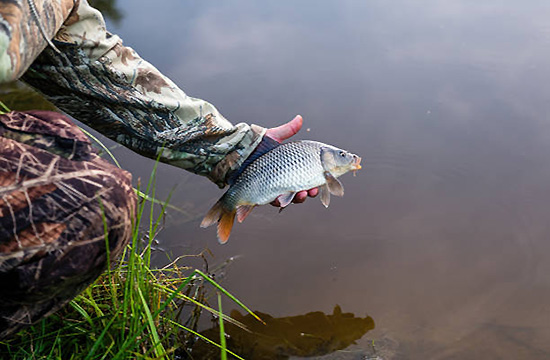
Linking organic fish production with organic agriculture presents a crucial ecological challenge. Establishing a symbiotic relationship between these sectors requires maximizing resource utilization, minimizing environmental impact, and ensuring the overall sustainability of the food system.
Bridging the gap between land-based and aquatic farming practices necessitates innovative approaches, investments in infrastructure, and educational initiatives to facilitate knowledge-sharing.
Industrialized and super-intensive agriculture practices have far-reaching implications for climate change. Overcoming barriers in linking organic fish production with organic agriculture is essential for sustainable food systems. Production methods and infrastructure differences pose logistical challenges, requiring innovative approaches and investments.
Additionally, the need for knowledge and expertise in integrating these sectors hinders progress, emphasizing the importance of educational initiatives and platforms to facilitate the exchange of expertise and best practices.
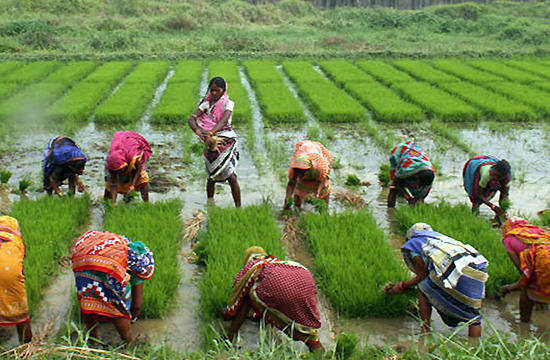
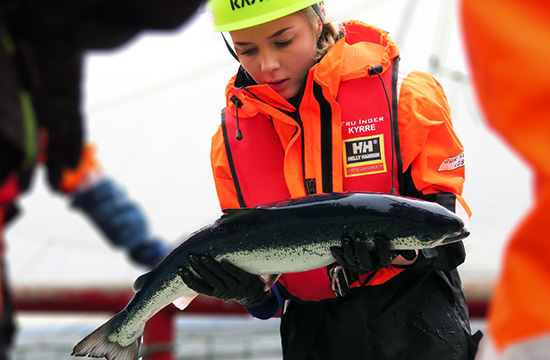
The failure to effectively link organic fish production with organic agriculture has significant environmental, food security, and sustainability consequences. A cohesive approach increases the potential for resource optimization and waste management.
However, the disconnection between these sectors hampers the development of a resilient and sustainable food system, undermining efforts to combat climate change and ensure long-term food security.
Establishing a harmonious relationship between organic fish production and organic agriculture is crucial for optimizing resource utilization and minimizing environmental impact. Investing in research, education, and infrastructure is imperative to overcome the barriers and seize the opportunities presented by this challenge.
By aligning these sectors, the overall sustainability of the food system can be enhanced, ensuring a sustainable and resilient future.
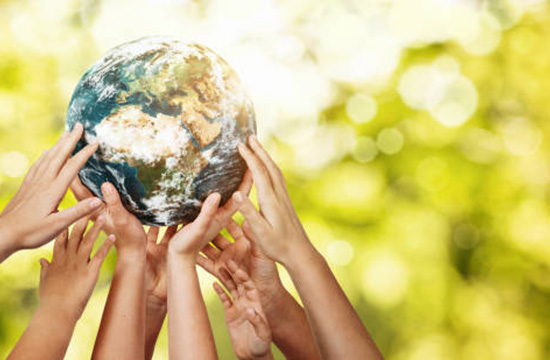
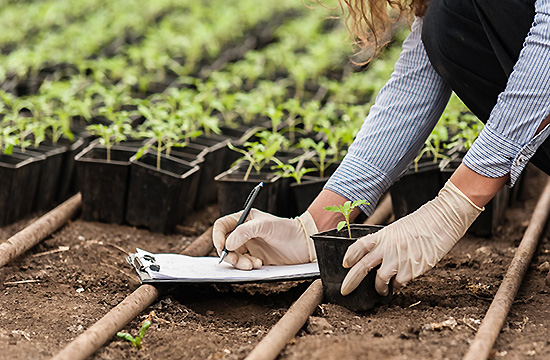
The challenge of linking organic fish production with organic agriculture is a crucial ecological issue that demands immediate attention. By establishing a harmonious relationship between these sectors, resource utilization can be optimized, environmental impact minimized, and the overall sustainability of the food system enhanced. Investing in research, education, and infrastructure is imperative to overcome the barriers and seize the opportunities presented by this challenge.
Let us work together to create a future where organic fish production and organic agriculture thrive in synergy, ensuring a sustainable and resilient food system for future generations.

